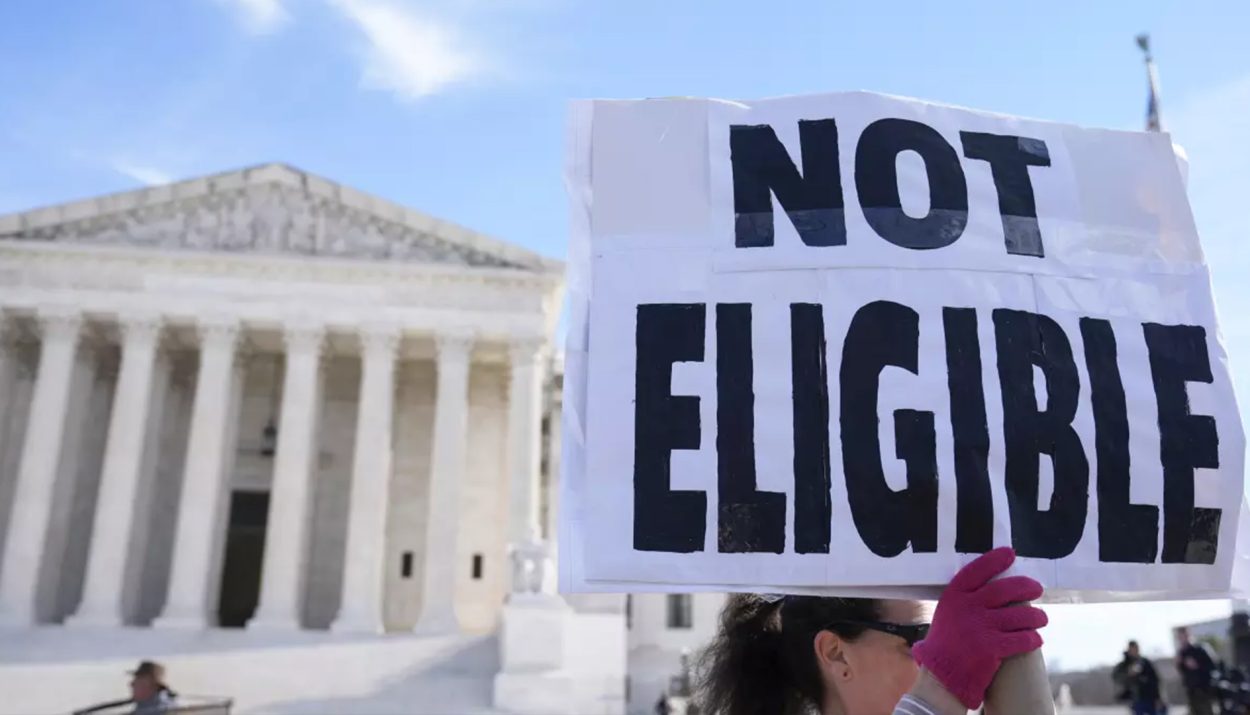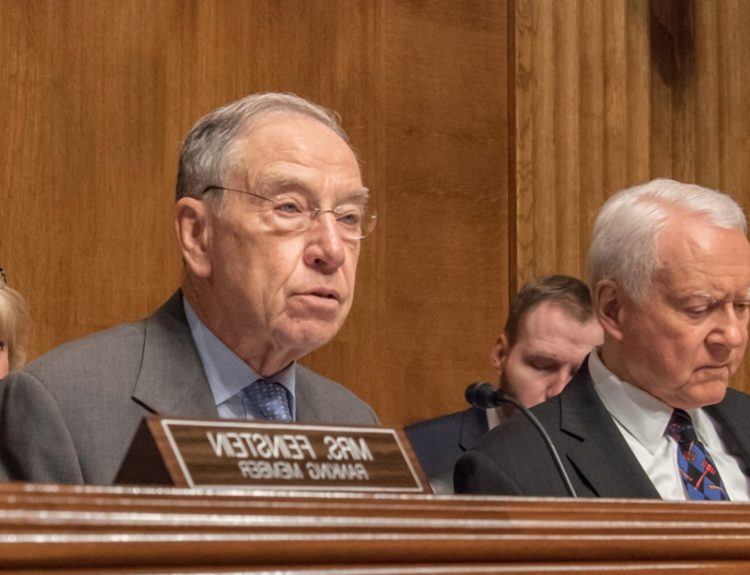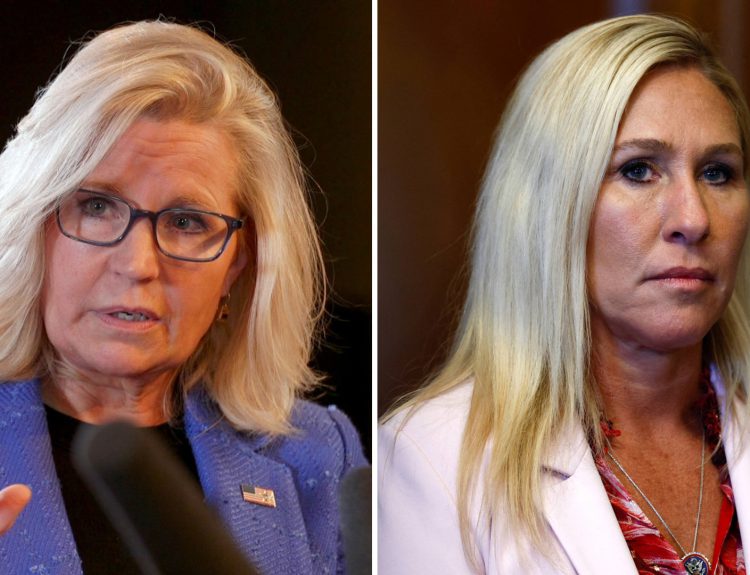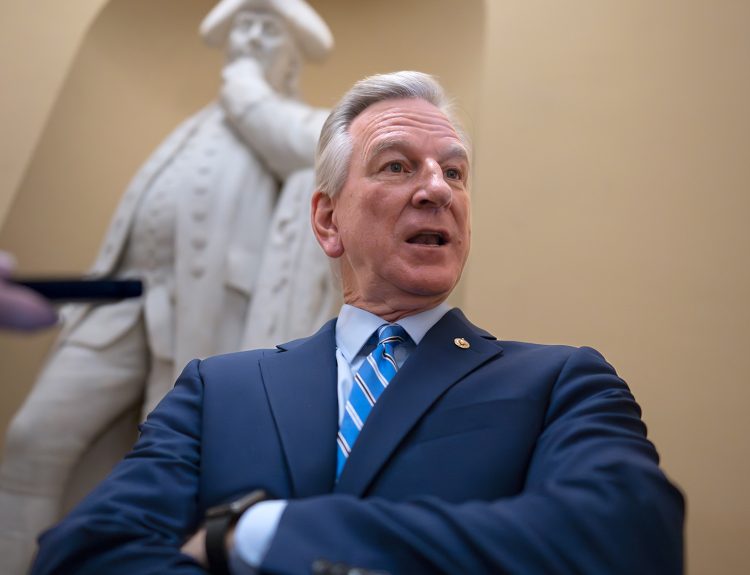The Supreme Court has recently taken two actions that have opened an entirely new frontier for dealing with insurrection cases.
State and local government officials found to be participating in “insurrection” related activities or providing any kind of “aid and comfort” to the enemies of the U.S. Constitution can be barred from office for life.
Supreme Court Rejects Former New Mexico Country Commissioner’s Appeal
On Monday, the Supreme Court rejected an appeal made by a former New Mexico county commissioner, Couy Griffin, who had been removed from office because of his involvement in the January 6, 2021 attack on the U.S. Capitol.
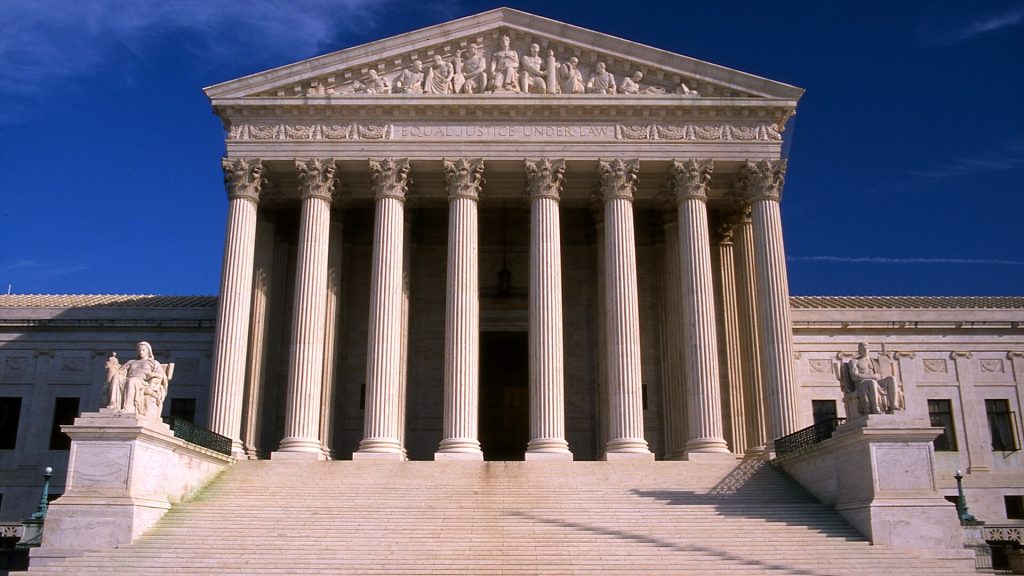
The state judge who had barred the former commissioner from office had found him guilty of violating Section 3 of the 14th Amendment.
Section 3 of the 14th Amendment
Section 3 of the 14th Amendment was added to the U.S. Constitution in 1868. This amendment was made in the aftermath of the Civil War which ended in 1865.
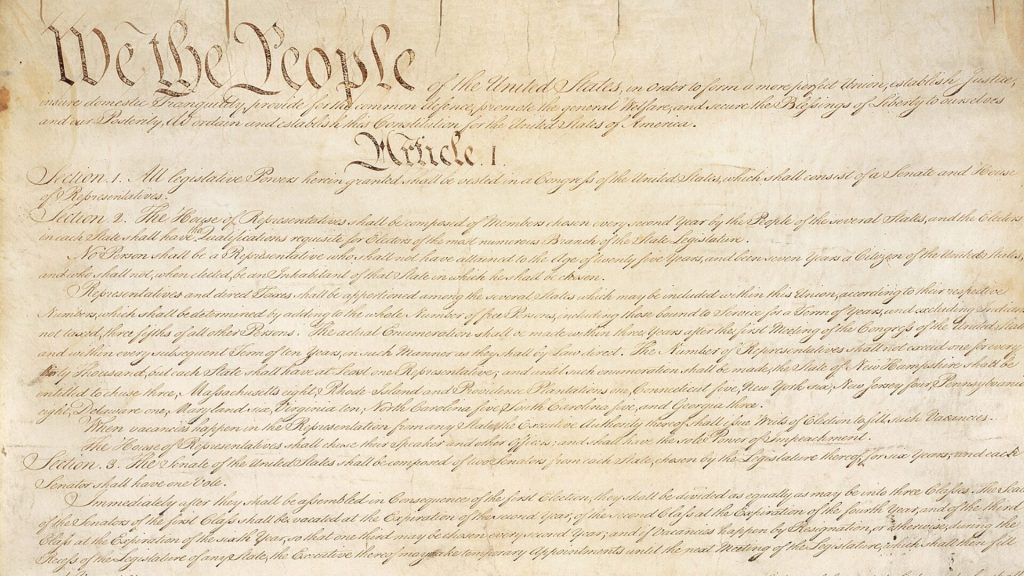
Section 3 of the 14th Amendment establishes the consequences that would be imposed upon any individual who despite taking the oath to support the U.S. Constitution is found to be engaging in acts of rebellion and insurrection against the U.S. government.
Section 3 Can Get Individuals Barred from Public Office
Section 3 was added to the constitution in the post-Civil War era to prevent Confederates from returning to positions of power.
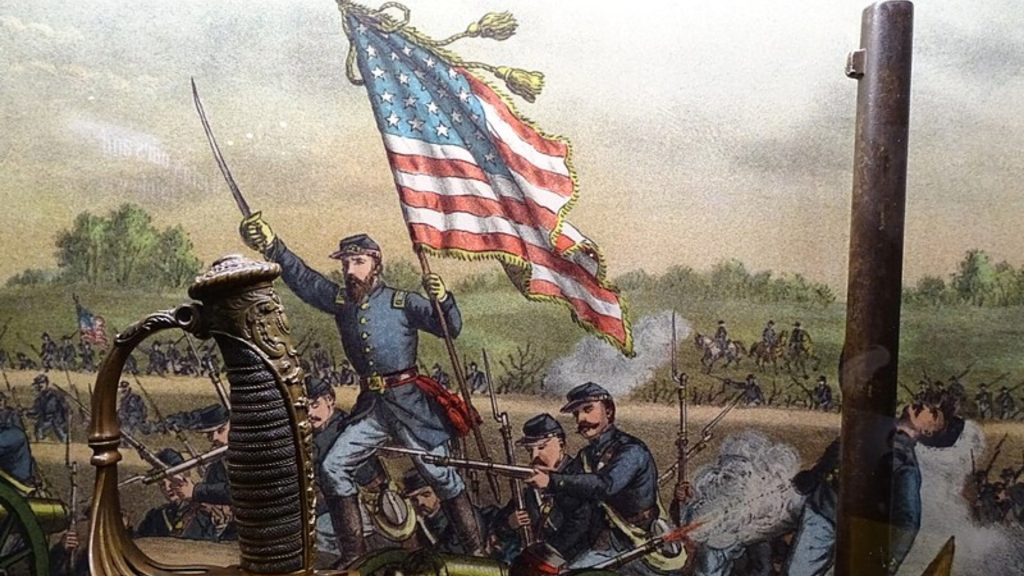
As of 2024, this section can be cited to get individuals barred from public office for life if they are found to be participating in acts of rebellion and insurrection against the state.
Section 3 Can’t Be Used Against Federal Candidates and Officials
The Supreme Court’s move comes shortly after an expedited high-court ruling that confirmed section 3 of the 14th Amendment can’t be used to bar federal candidates and officials from public office.
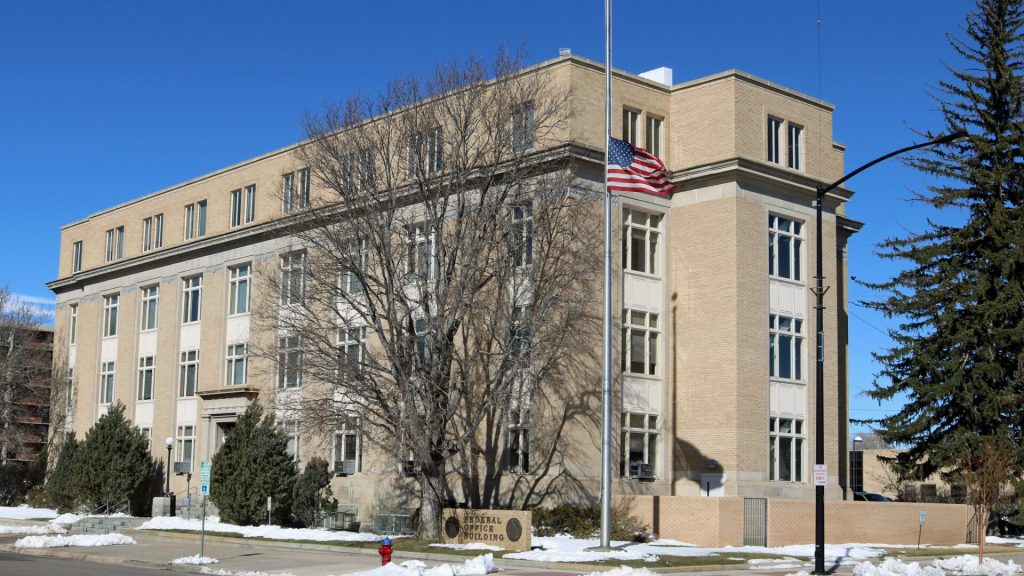
To bar federal candidates and officials from public office Congress will have to write a law specifying the exact procedure for doing so.
The Ruling Has Significant Implications
This ruling has significant implications in light of the efforts that have been made to prevent former president Donald Trump from pursuing or holding public office based on his involvement with the January 6 attack.
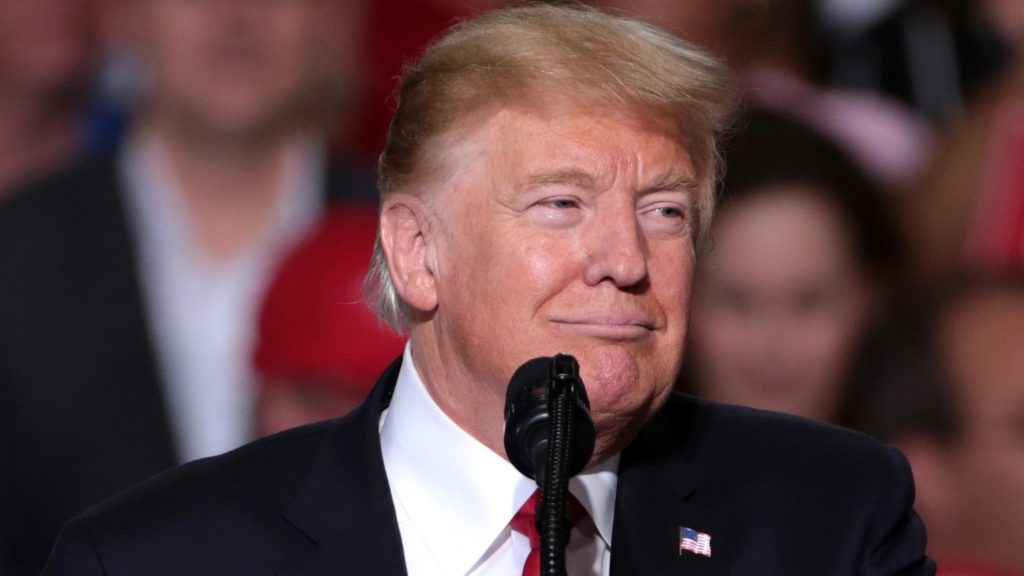
The court made it clear that the provision can still be used against local and state government officials.
Liberal Groups May Try to Get Officials Disqualified from Public Office
The liberal groups that have been pushing to get Trump barred from seeking and/or holding public office may reboot their efforts to target local and state officials who were involved in the January 6 incident.
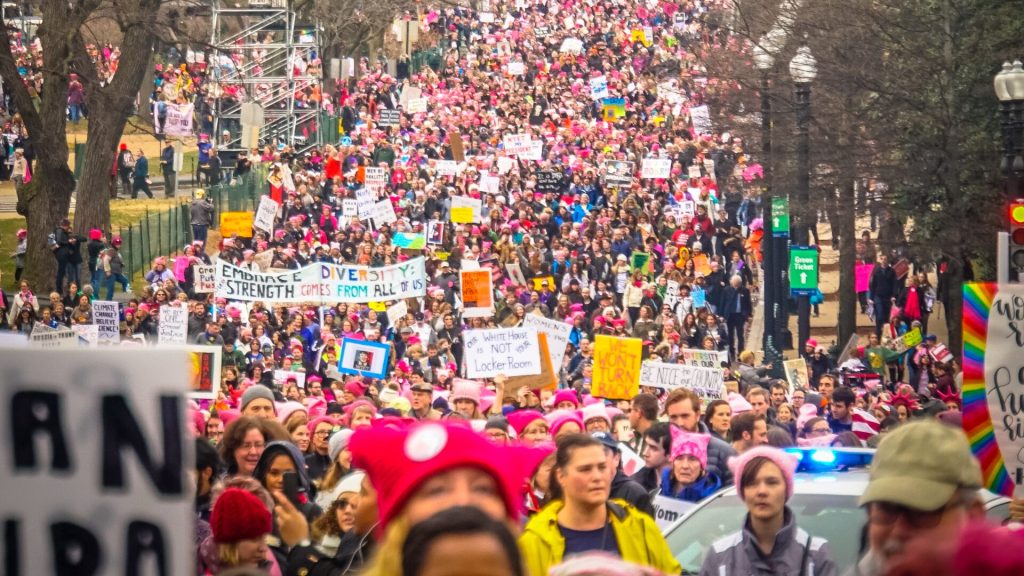
Citizens for Responsibility and Ethics in Washington attorney (CREW), Stuart McPhail said, “This is a bit of returning to the course we expected to be following, which was holding individuals accountable, who are low-level officials, who still broke their oath by coming to D.C., engaging in insurrection.”
Free Speech for People Acknowledges the Power of Section 3
Another liberal group called Free Speech for People has taken several actions to get Trump and other Republican members of Congress barred from public office based on their involvement in the Capitol attack.
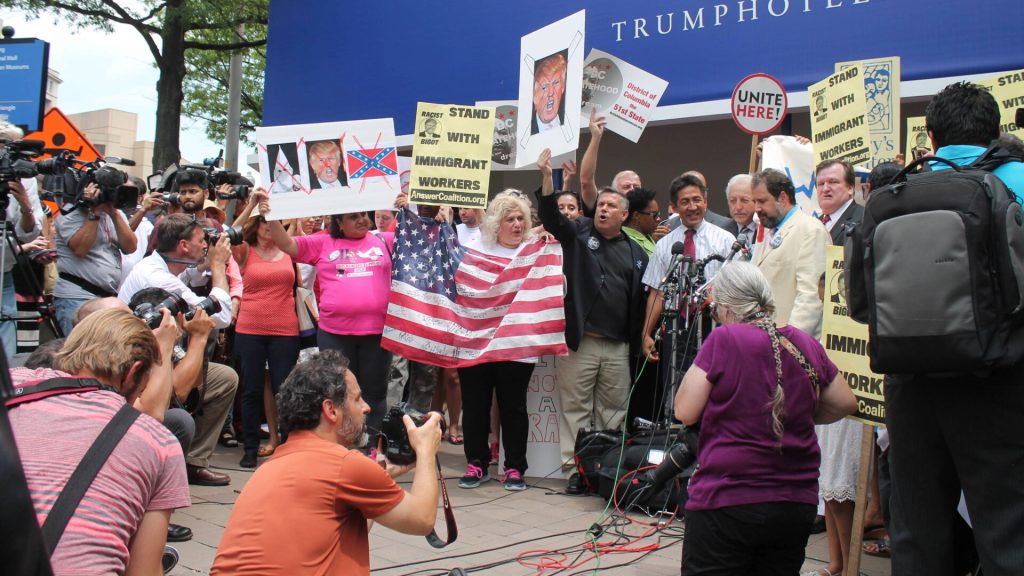
The group hasn’t revealed its plans for the near future. The group’s legal director, Ron Fein commented, “Section 3 continues to be a viable way of protecting against insurrectionists in state and local government.”
CREW May Target Lawmakers Under Section 3
It was the non-profit left-leaning organization, Citizens for Responsibility and Ethics in Washington attorney (CREW), which had originally filed the lawsuit seeking to prevent Trump from seeking and/or holding public office.

The organization has now purportedly identified who may be vulnerable to charges made under Section 3.
Couy Griffin Banned from Office for Being Involved with the Capitol Attack
Former Otero County Commissioner and founder of the Cowboys for Trump Group, Couy Griffin, is the only elected official who has been barred from public office because of his involvement with the January 6 attack.
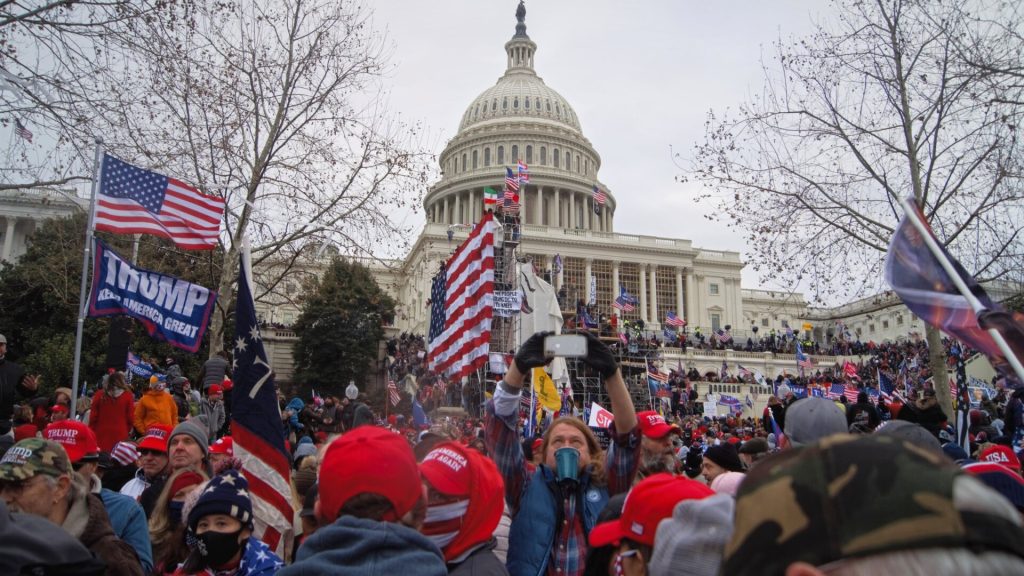
The lawsuit filed against Griffin cited his violation of Section.
Griffin Claims His Disqualification Was Driven By Political Motives
Griffin believes his disqualification from public office was a politically motivated move on the part of his adversaries.

Griffin and his defense attorney have raised concerns that the Supreme Court’s dismissal is likely to have ominous implications that may motivate partisan actors to harness Section 3 in unpredictable ways.
Griffin’s Attorney Thinks Anyone Can Easily Misuse Section 3
Griffin’s attorney, Peter Ticktin, explained that it can be very easy to misuse Section 3.

Ticktin said, “All you have to do is go to a really friendly county, with a good friendly judge that’s politically on your side, and then you get rid of your opposition.”
McPhail Believes There is an Urgency to Take Action Under Section 3
CREW attorney, Stuart McPhail, believes there is an urgent need to take action against local and state officials who had played a role in the Capitol attack so they can be prevented from running for federal office.
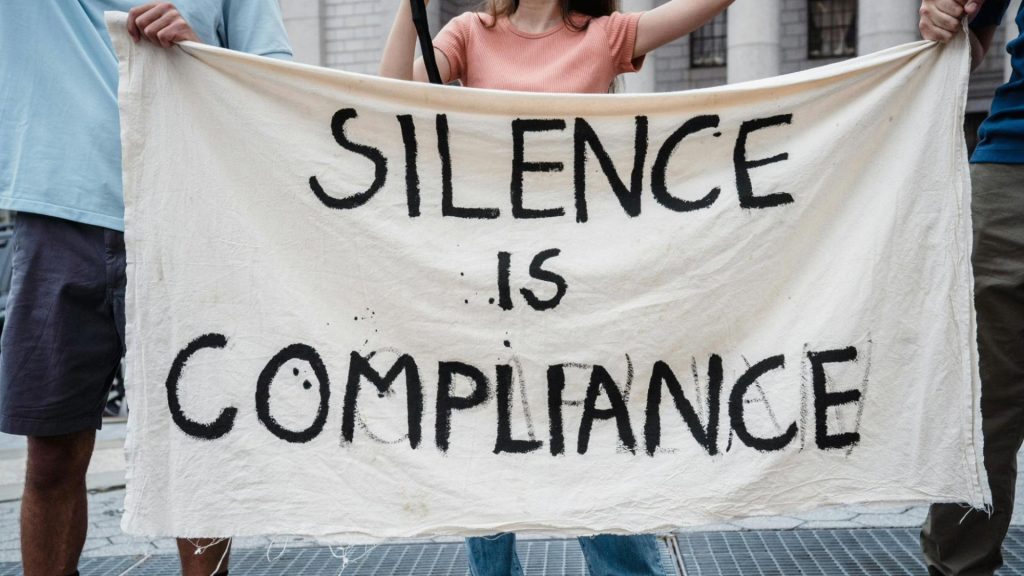
McPhail said, “It does create this incentive to bring cases from low-level officials now because then you can actually win them and get some kind of relief in judgments, whereas if you wait, you may have lost the opportunity.”
Law Professor Suspects Section 3 Is Likely Going to Be Misused
Notre Dame Law professor, Derek Muller, said he won’t be surprised at all if Section 3 is used for targeting individuals for reasons beyond the Capitol attack.

He said, “I’m sure people are going to start thinking creatively about what it means – if you’re supporting, Hamas, the Taliban, (Black Lives Matter).
No Criminal Conviction Required for a Person to Be Disqualified from Office
According to Judge Matthew, “Neither the courts nor Congress have ever required a criminal conviction for a person to be disqualified under Section 3.”
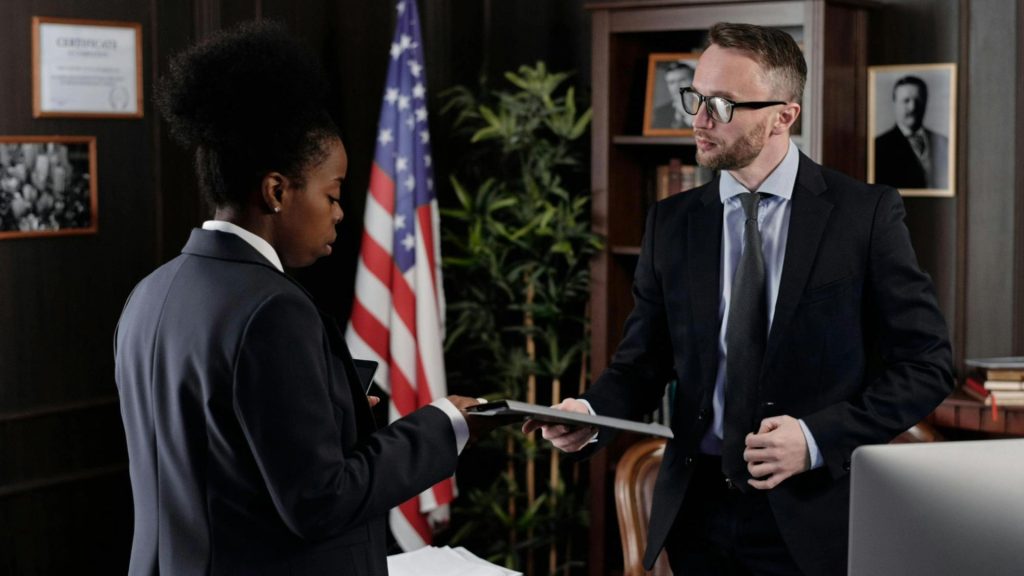
Due to the difference in state laws, the way Section 3 is imposed in individual states also differs from region to region.

